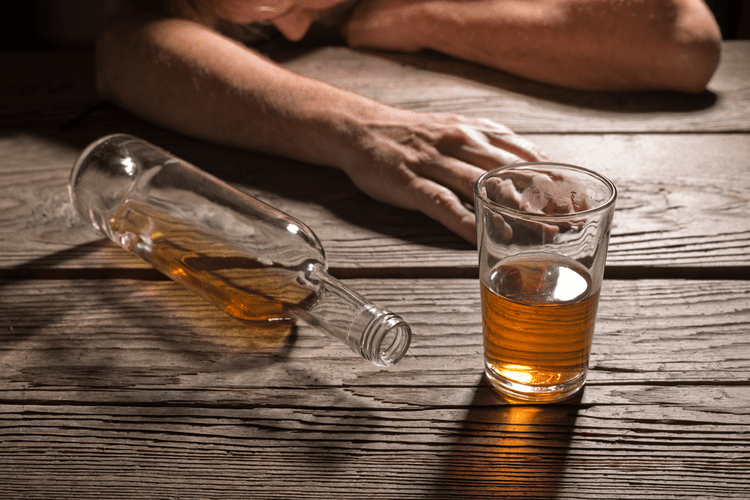On the other hand, empathetic parents offer emotional support and encourage their children to confide in them about stress and other issues related to their drinking. If you https://ecosoberhouse.com/ think a younger family member or a friend exhibits one or more symptoms mentioned above, then he or she might be suffering from alcohol abuse. While it might be time to seek treatment, there is no need to worry.

Caregiver Stress and Caregiver Burnout
- If your child asks you about your own past or current substance use, many experts recommend being honest.
- If you feel you’re not safe at home, you can call the National Domestic Violence Hotline at (800) 799-SAFE.
- Find addiction treatment facilities that take insurance, inpatient rehabs, outpatient rehab programs, and more.
Share your own experiences and mistakes to offer advice to your teen, not lecture them. Teens are able to recognize a contradiction when you yell at them for doing the same things you once did. Be honest, and your child will respect amphetamine addiction treatment you more, no matter what you did when you were their age. Despite the fact that these statistics are much lower than they were in 2010, they still might increase your fears about what your teens might get into.
- Binge drinking is defined as drinking so much within a short space of time (about two hours) that blood alcohol levels reach the legal limit of intoxication.
- If your son is resistant to seeking help, a professionally guided intervention may be necessary.
The Importance of Knowing the Signs and Symptoms of Alcoholism
- Sian Ferguson is a freelance health and cannabis writer based in Cape Town, South Africa.
- Even if you drank alcohol or used drugs as a teen, it shouldn’t stop you from discouraging your own child from repeating that behavior now.
- At Resilience Recovery Resources, we understand the unique challenges that young adult males face with addiction.
- Alcohol can have a significant impact on the brain and the body.
- The kind of environment that people grow up in heavily impacts their behaviors.
While it is a positive outcome, it is not a reason to look the other way when a loved one is showing signs of constant intoxication. Apart from enlisting professionals’ assistance, you must also educate yourself about teenage alcohol abuse. In the US, these are the organizations that provide resources and help. Research shows that maintaining a strong and supportive connection with parents lowers an adolescent’s vulnerability to peer pressure, which, as mentioned, is a huge factor that drives teens to drink. So, make sure that you build a home where love and mutual respect are central. Talk to your teen openly, honestly, and from a place teen drinking of love.

About RebeccaW, Parent Coach
Allow your teen to talk and open up about their thoughts and opinions, and try to listen without being critical, disapproving, or judgmental. They want to feel heard and understood, so even when you don’t like or agree with what they’re saying, it’s important to withhold blame and criticism. This style of passive parenting, centered on support, non-judgement, and unconditional love, still allows you to appropriately discipline your child. But it can help your child feel that you are coming from a place of love and concern, rather than anger.

Sources of stress might include going from middle school to high school, breaking up with a friend or romantic partner, or facing a family separation or divorce. A major move, a serious illness or any other traumatic event might also make kids want to escape their troubles. Because it changes the way people think and act, alcohol is also closely related to behaviors that can seriously harm your child or cause harm to others. For example, alcohol use in young people can increase their chances of engaging in unprotected sex, exposing them to sexually transmitted diseases and risks for unwanted pregnancies.
